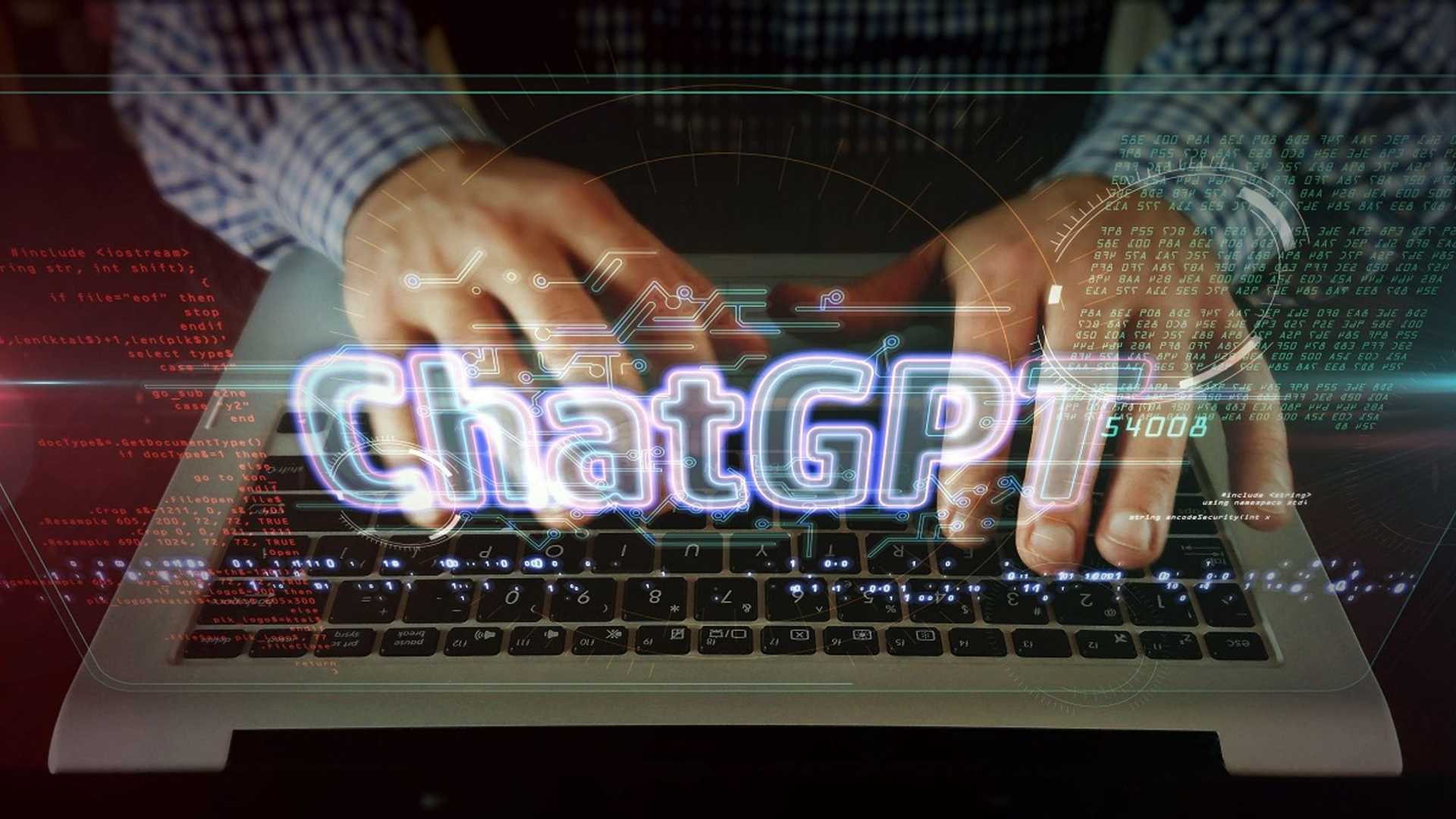How to Spot a ChatGPT Phishing Website
With the rise in popularity of ChatGPT, cybercriminals are taking advantage of the situation by creating fake websites to steal personal and corporate information. Researchers from Check Point have tracked 13,296 newly registered domains related to Open AI and ChatGPT, and one in 25 of those domains were found to be malicious.
The fake websites tend to project their relation to ChatGPT blatantly, with examples like chat-gpt-online-pc.com, chatgpt4beta.com, chatgptdetectors.com, chat-gpt-ai-pc.info, and chat-gpt-for-windows.com. Some of them even copy OpenAI's actual landing page to make users believe they are legitimate.
Fake websites like these pose a significant threat to individuals and enterprises. Employees can unknowingly download malicious files and applications from those websites, which can provide cybercriminals with an initial foothold on their corporate network. They can also submit queries with sensitive corporate information to those fake websites, which can cause serious damage.
To avoid falling for one of these traps, it is crucial to be attentive and practice basic cyber hygiene around phishing emails. The researchers recommend the following anti-phishing best practices:
- Don't reply, click on links, nor open attachments in unverified emails
- Report suspicious emails to your IT or security team
- Delete suspicious emails
- Be on the lookout for fake domains and lookalike websites
However, even with the knowledge of these anti-phishing best practices, some sophisticated phishing attacks might still slip through. Therefore, it is essential to educate the workforce and implement effective anti-phishing mitigations to prevent any potential cyber attack.
In conclusion, it is crucial to be vigilant and careful when using ChatGPT or any other AI-related website to avoid falling for phishing scams. By implementing the recommended practices and staying updated on the latest cybersecurity threats, individuals and enterprises can protect themselves from potential cyber attacks.




















